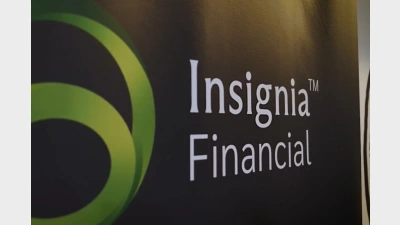Greater transparency urged on super fund adviser fees



There needs to be greater transparency on the part of all superannuation funds on how they fund their activities, including the provision of financial advice, according to newly-elected NSW Liberal Senator and former Financial Services Council policy adviser, Andrew Bragg.
Commenting on financial planner concern about the manner in which some industry superannuation funds access administration and investment fees to pay for advice, Bragg said he believed the system had to be made more transparent.
Bragg had been asked to comment on calls by some financial planners for the Australian Securities and Investments Commission (ASIC) to be more consistent in its handling of salaried planners employed by industry superannuation funds.
In particular, the advisers pointed to the manner in which superannuation fund salaried advisers were being paid out of the fund’s administration and investment fees, meaning that all members of the fund were paying for advice whether they had received it or not.
Bragg said he believed that there was a need for better disclosure on the part of all superannuation funds, irrespective of whether they were industry funds or retail funds.
He said better disclosure and transparency would make it easier for fund members to determine how their fees were being used by their superannuation funds.
Prior to his election to the Senate, Bragg has been a significant critic of the conduct of some industry superannuation funds, particularly around expenditures.
Recommended for you
Economists from the big four banks have all predicted the RBA to deliver another rate cut during its July meeting; however, some admit the decision will be a close call.
Morningstar believes there is still further to run with the potential takeover of Insignia Financial even with original bidder Bain Capital walking away.
Insignia Financial has announced the status of the two private equity bidders as due diligence comes to an end.
The future of superannuation policy remains uncertain, with further reforms potentially on the horizon as the Albanese government seeks to curb the use of superannuation as a bequest vehicle.









